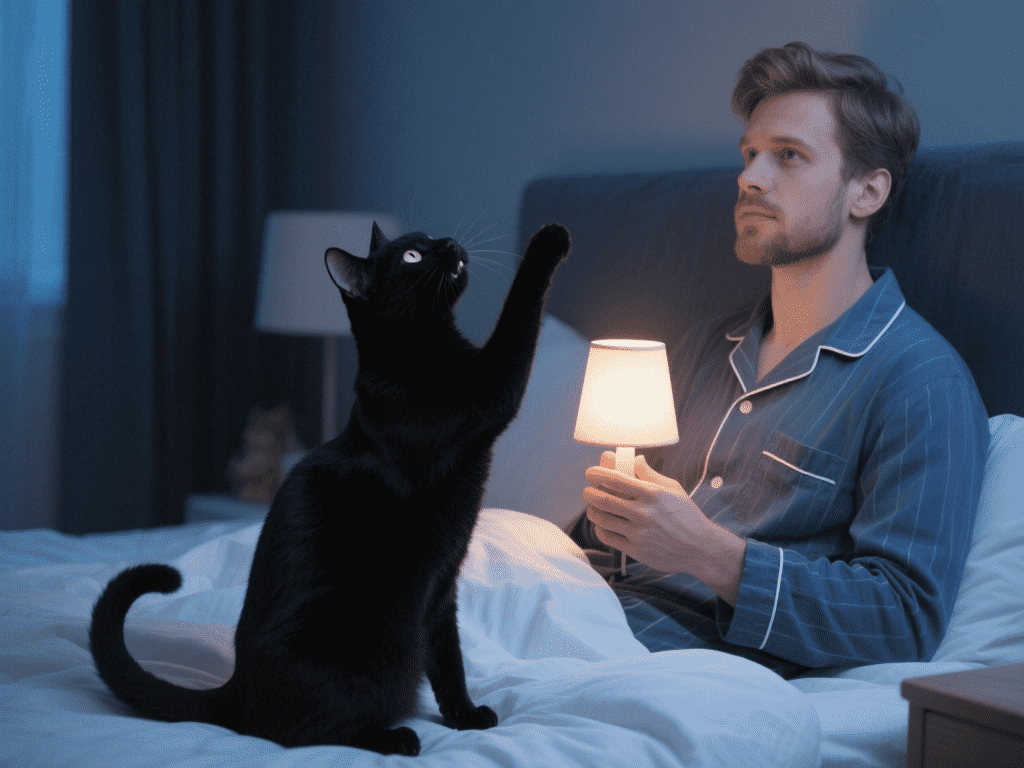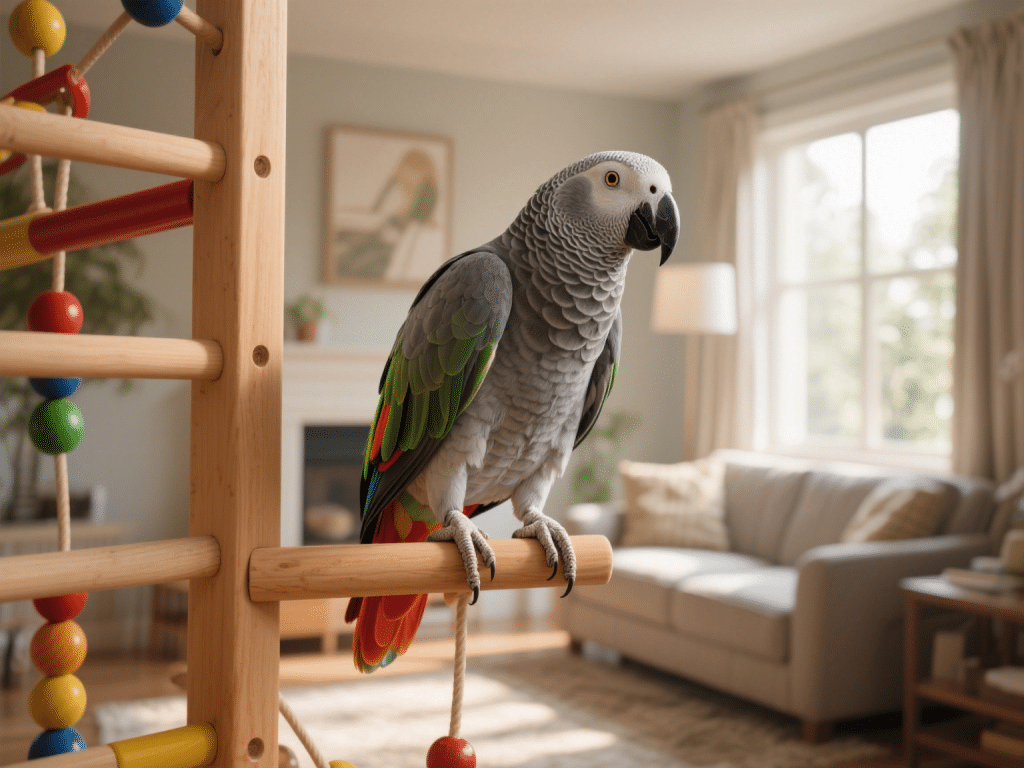Midnight Meows: Understanding and Managing Cat Vocalizations at Night

There’s nothing quite like a persistent “meow, meow” echoing through the house at 3 AM to disturb your slumber—and your sanity. As a veteran cat caregiver who’s weathered many a nighttime serenade, I’ve researched and tested strategies to quiet those midnight calls. In this article, we’ll examine why cats vocalize after dark and how you can address the root causes for a more restful home.
1. Common Catalysts
Natural Crepuscular Rhythm:
Cats are most active at dawn and dusk. That ancestral predisposition can lead to bursts of nighttime energy.Hunger or Thirst:
If your cat’s last meal was hours ago, hunger pangs or a dry bowl can prompt vocal demands.Attention Seeking:
Bored or lonely cats may call for companionship or play.
Health Checkpoint:
Excessive nocturnal meowing can signal hyperthyroidism, kidney disease, or cognitive dysfunction in older cats. If your cat’s calls escalate suddenly, schedule a vet exam.
2. Behavior Modification Strategies
Evening Play Session:
Engage your cat in a robust 15–20 minute play routine before bedtime. Burning energy through interactive toys (e.g., wand teasers, laser pointers) mimics hunting and can induce a post‑play nap.Timed Feeding:
Offer a small, protein‑rich snack immediately before you turn in. A full stomach can help lull your cat into a longer sleep. Consider a timed feeder to deliver kibble in the early morning hours.Ignore the Meow:
While challenging, responding to meowing—even with scolding—reinforces the behavior. Instead, maintain silence until your cat pauses for at least several minutes, then reward quiet behavior in daylight hours.
3. Environment Adjustments
Comfortable Sleeping Spots:
Provide a warm, cozy bed in a quiet corner. Cats often meow to relocate or find comfort; a dedicated retreat reduces that need.White Noise or Music:
A low-volume classical playlist or white noise machine can mask external triggers—nocturnal wildlife sounds, traffic—that prompt meowing.
4. Advanced Tips
Interactive Puzzle Feeders:
Keep your cat mentally engaged during the day, reducing nighttime boredom.Night‑Vision Cameras:
Monitor your cat’s after‑dark routine to identify specific triggers—perhaps a neighbor’s cat prowling outside.
Conclusion
Midnight meowing may be rooted in instinct, health issues, or simply a craving for attention. By combining vet‑led health checks with behavior‑based strategies—play, feeding routines, and environmental tweaks—you’ll quiet those 3 AM calls and reclaim peaceful nights. Sweet dreams are closer than you think.









Comments on "Midnight Meows: Understanding and Managing Cat Vocalizations at Night" :